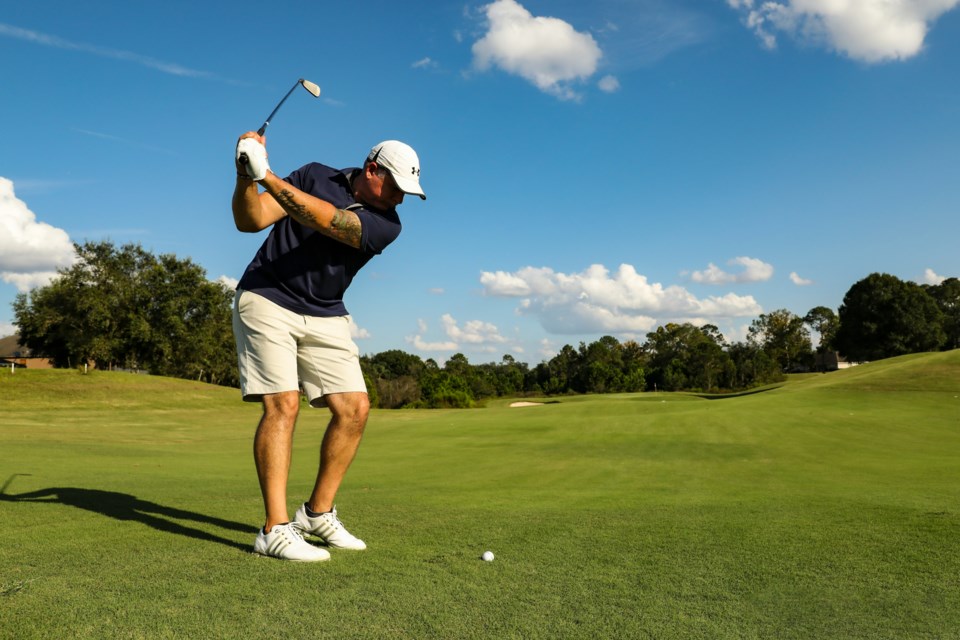For the first time in a long time, we have had a mild winter here in Northwestern Ontario. If you are one of the many avid golfers in Thunder Bay, you are probably already set to start an early season, if you haven’t already.
As the courses open and you are setting up to tee off a rusty shot, you may wonder: “What happens if I hit a car or a house with my golf ball? Is the damage my responsibility?”
The short answer is “Maybe!”
Generally speaking, if you do something which causes injury or damage to another person or property you may be liable. There are “strict liability” claims, where the only thing that matters is that an injury or damage was suffered – like dog bites and abnormally dangerous activities – and there are fault-based claims – where the injured party must prove the fault of the other person. Negligence is part of the latter group – a person is not automatically responsible just because their action caused the harm.
Golf shots fall under negligence. For you to be negligent you must have breached the “standard of care” of a reasonable person – or golfer in this case. The standard of care is considered to be what a reasonable or prudent person should have or would have done in the same circumstances. If your actions fall within what a reasonable person would do, you may not be negligent even if harm was caused.
For example, if you are teeing up your ball in a busy public park, you are doing something a reasonably prudent person probably would not do. If your ball then hits a house or another person, you would be negligent and responsible for the damage done. Likewise, if you are playing on a designated course but are intentionally hitting the ball onto the road, you are not acting like a reasonable person.
However, if it is truly an accident, and you happen to hit one flush and the ball goes over the green, you slice it unexpectedly or the ball ricochets off a tree and causes damage, you may not be responsible for damages despite having swung the club, since you weren’t doing something not regularly expected of a golfer on a course. Even professional golfers flub a shot now and again, just ask Tiger.
Further, liability may not rest solely with the golfer – the course owner may be responsible in whole or in part for creating the hazard. It could be reasonably expected that a person using the facilities will, from time-to-time, slice the ball onto an adjacent roadway. If no effort has been made to reduce that risk, like putting up netting alongside the road, the course owner could be responsible, at least in part, for any damage that results.
Lastly, with negligence may come contributory negligence – this is where the injured person bears some or all of the responsibility for the damage or injury they suffer, by knowingly putting themselves in a position to be injured or acting recklessly themselves. For those who bought houses backing onto a golf course, there must be some expectation of a ball or two landing on their property or through their window – the decision to buy or build along a course could lead to a finding of having accepted this risk at the time they purchased.
Clear signage of a hazard may also reduce or eliminate liability for damage suffered. A car driving through an active course, like the Peninsula Golf Course in Marathon, may be accepting a substantial part of the risk by entering onto the course property. Although there are no warning signs posted along the way, it could be similarly argued that a driver is accepting some liability for damage to their car by travelling down a street in Thunder Bay clearly named “Golf Links Road.”
Of course, there are times where, despite damage occurring, it is truly no-one’s fault. As they say, “sh[ank] happens.”
Ultimately, every situation can result in a different answer based on the circumstances. If you happen to damage someone’s property, or you suffer damage, as a result of an errant golf shot, first call your insurance company, then call a knowledgeable personal injury lawyer to discuss your options. At Ericksons LLP, we know personal liabilities even better than we know golf.



